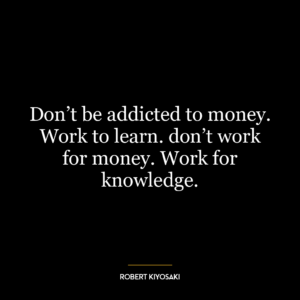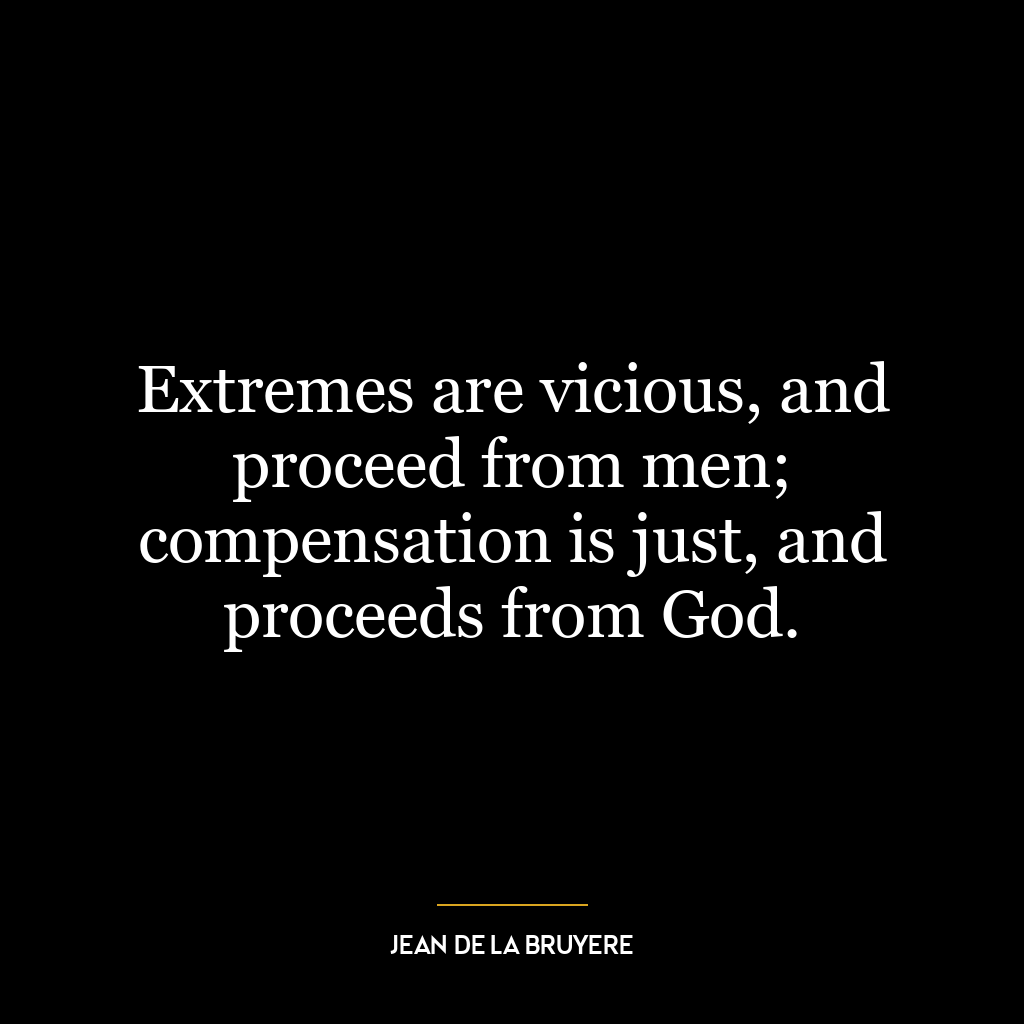This quote posits that our mindset, not divine intervention or fate, determines whether we perceive ourselves as lucky or unlucky. In essence, it suggests that luck is a subjective concept that is heavily influenced by our personal attitudes and perspectives.
When we say someone is “lucky”, we often mean that they seem to experience more than their fair share of positive outcomes. Conversely, when we say someone is “unlucky”, we mean that they seem to experience more negative outcomes. However, this quote suggests that these perceptions are not determined by some external force (like God or fate), but rather by our mindset.
A person with a positive mindset might perceive themselves as lucky because they focus on their successes and good fortune. They see opportunities in challenges and are more optimistic about the future. On the other hand, a person with a negative mindset might perceive themselves as unlucky because they focus on their failures and misfortunes. They see obstacles in challenges and are more pessimistic about the future.
In today’s world, this idea is especially relevant due to the rise of the self-help and personal development industry. Many self-help books, courses, and seminars emphasize the power of positive thinking and mindset shifts. They argue that by changing our mindset, we can improve our lives and achieve our goals.
For example, if someone is struggling with their career, they might perceive themselves as unlucky because they keep encountering obstacles. However, if they change their mindset, they might start to see these obstacles as opportunities for growth and learning. They might start to perceive themselves as lucky because they have the chance to learn and improve.
This idea can also be applied in the context of mental health. Research shows that cognitive behavioral therapy (CBT), a form of therapy that focuses on changing negative thought patterns, can be effective in treating a variety of mental health conditions. This suggests that changing our mindset can not only change our perception of luck but also improve our mental health.
In conclusion, the quote suggests that our mindset determines whether we perceive ourselves as lucky or unlucky. This idea is relevant in today’s world and can be applied in personal development and mental health contexts.















